
About This Quiz
Growing up with video games brings a certain nostalgia. From Sega to Nintendo, how many consoles do you remember? Find out by taking this HowStuffWorks quiz!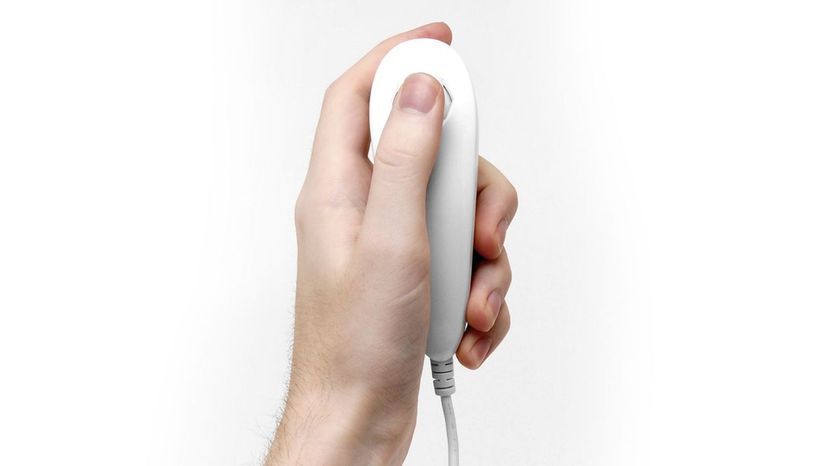
The Wii Nunchuck plugs into Nintendo Wiimote and adds an extra dimension to certain games, although it is not needed for all the game titles available on the console. It fits into the palm of the player's hand and has a thumb-operated joystick and index finger trigger.
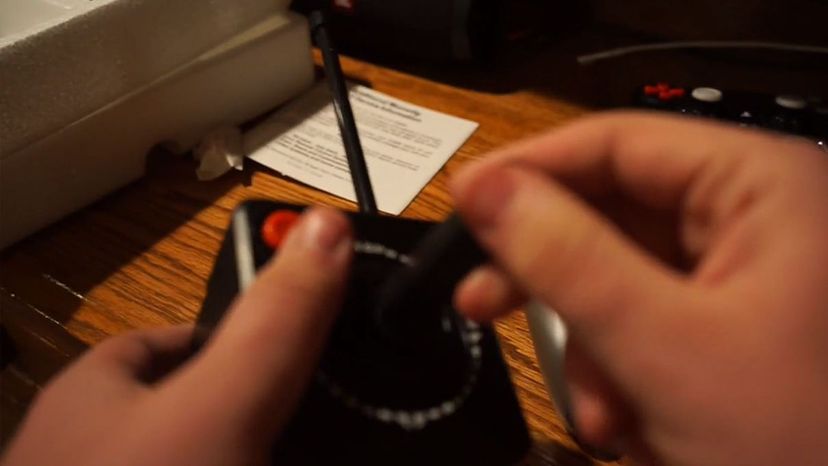
These were exactly the same as the controllers that came with the Atari 2600 and consisted of a joystick configuration and a single red button. The major difference, however, was that these controllers were wireless.
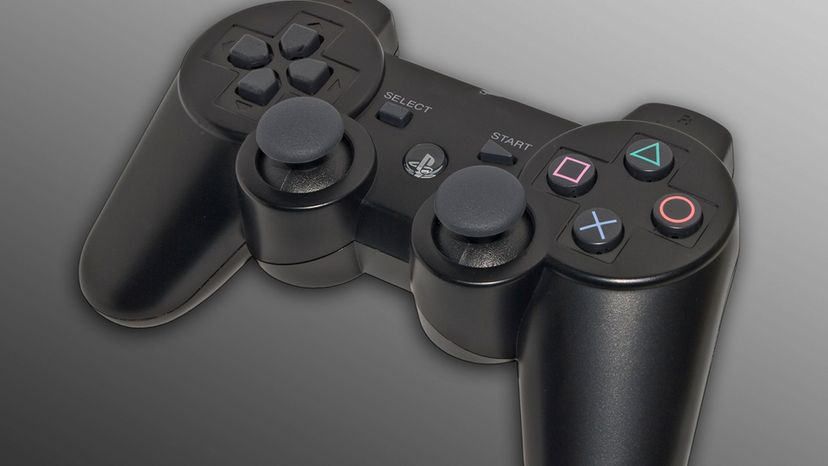
The PlayStation 3 uses the Dualshock 3 controller which looks exactly the same as the previous two controllers released with the Playstation and Playstation 2. The only major difference? The controller had become wireless.
Advertisement
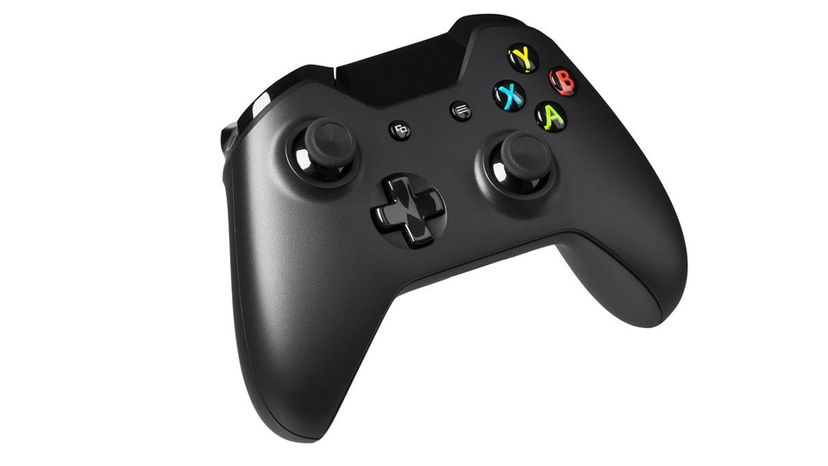
Although it includes the same layout as previous Xbox controllers, the input device for Microsoft's latest console underwent a major redesign in terms of shape, analog sticks, triggers, and buttons.
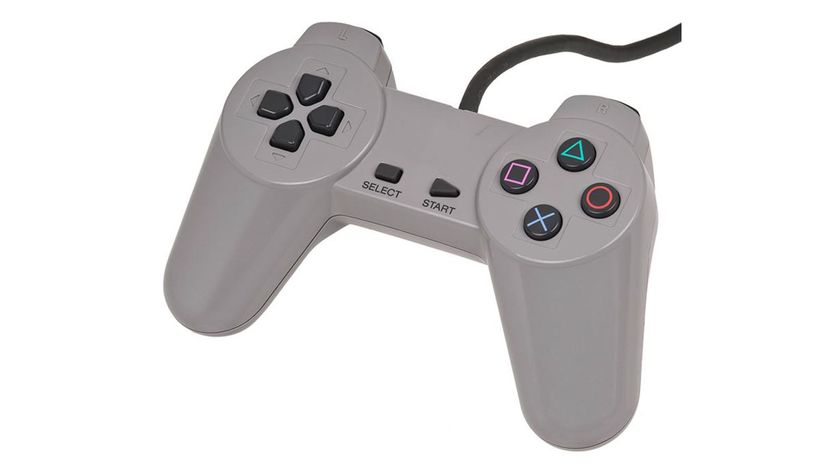
One of the most iconic controllers ever, the Dualshock featured a vibration feature which worked in conjunction with many games. It also has not just one, but two joysticks, a cross-shaped D-pad and four distinct buttons marked with a triangle, square, circle and X.
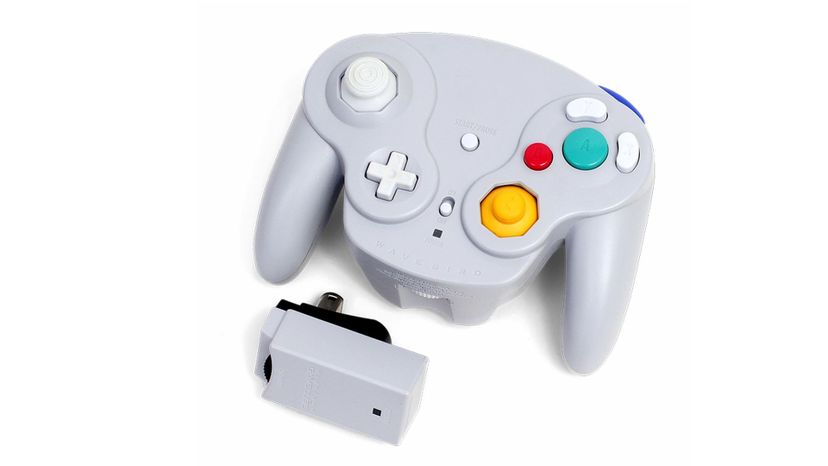
Manufactured to work with the Nintendo Gamecube, the WaveBird was released in 2002. It was wireless and featured 2 joysticks, 2 triggers, 6 buttons and a D-Pad.
Advertisement
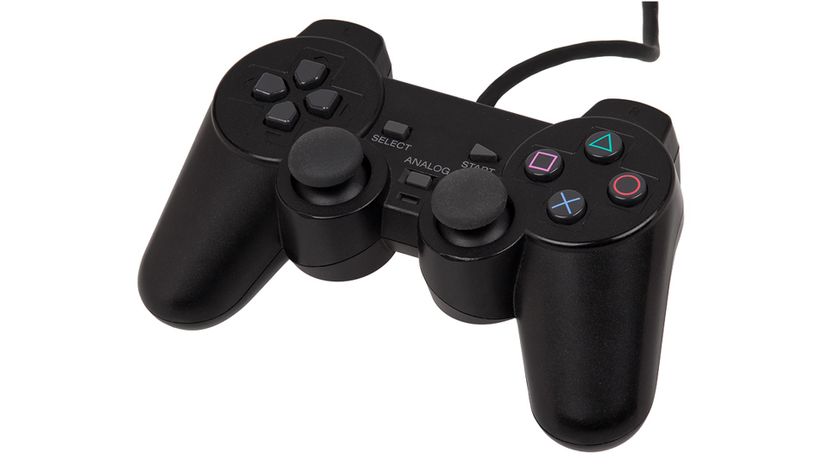
The PlayStation 2 used the Dualshock 2 controller which was essentially the same as the one used for the original PlayStation. It also featured not just one, but two joysticks, a cross-shaped D-Pad and four distinct buttons marked with a triangle, square, circle and X. Two triggers werer operated by the index fingers of the player. By 2008, over 28 million controllers had been sold worldwide.
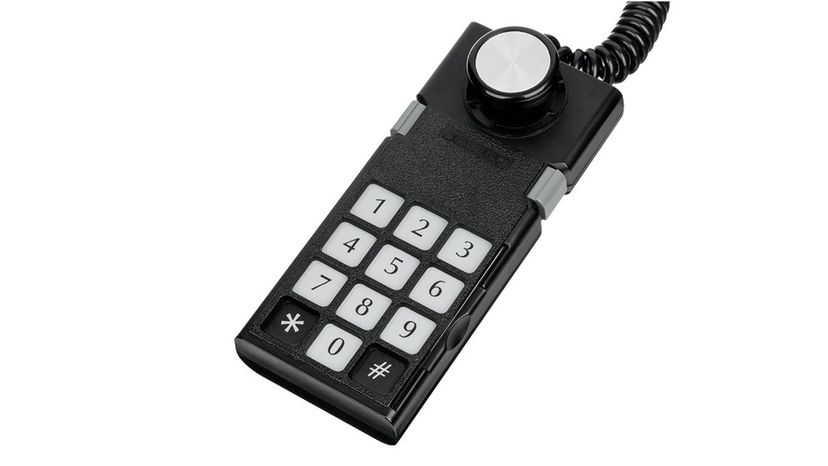
The controller for the Coleco Vision included a numeric keypad as well as a small joystick. The buttons are found on the side. The controllers could use different overlays placed over the keyboard. These overlays came with the different games purchased for the system.
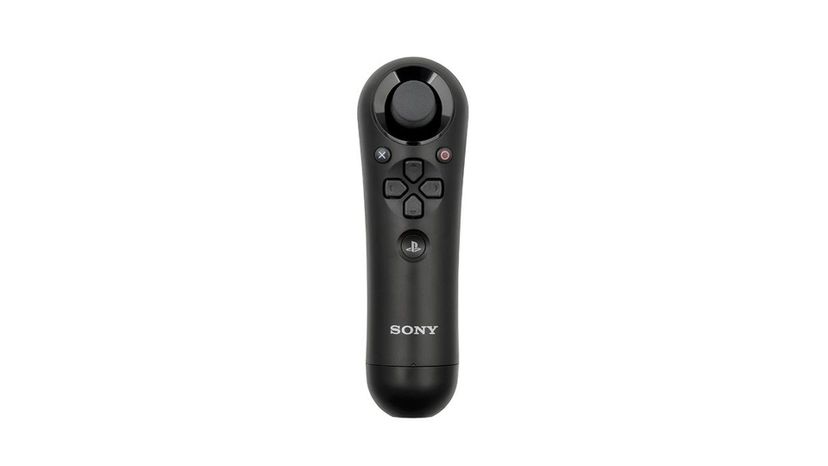
While the PlayStation Move controller allowed gamers a range of new freedoms when playing games, it could not navigate menus. For that reason, gamers were encouraged to purchase the Navi controller for their left hand. It featured X and O buttons, a thumb-controlled joystick and a D-Pad.
Advertisement
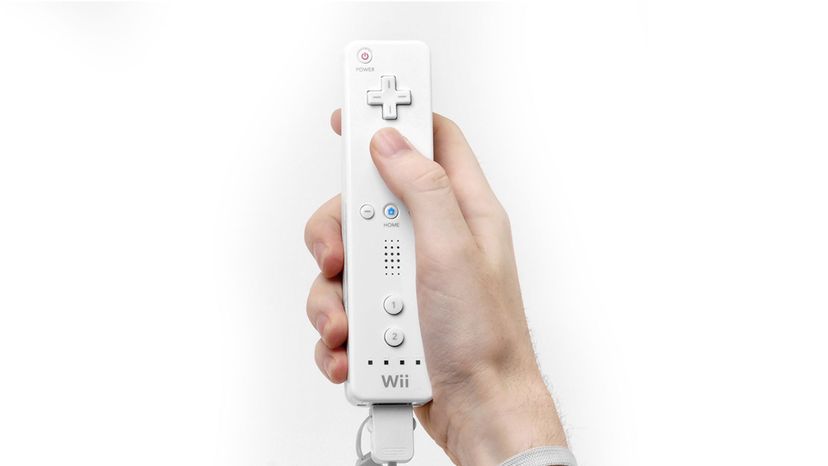
The standard controller for the Nintendo Wii, the Wiimote worked in connection with a receiver to allow players to move their cursor around the screen through pointing. It featured all the regular buttons expected of a Nintendo remote including the A and B button, start and select buttons and a trigger. It worked in conjunction with the Nunchuck for some game titles.
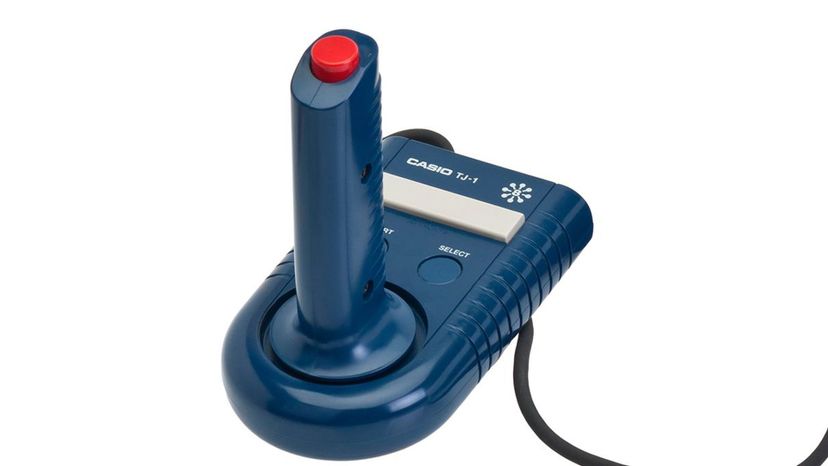
Manufactured by Casio and released in Japan in 1983, the PV-1000 had a massive joystick as its controller. It was noted for its sturdy grip and red firing button on the top.
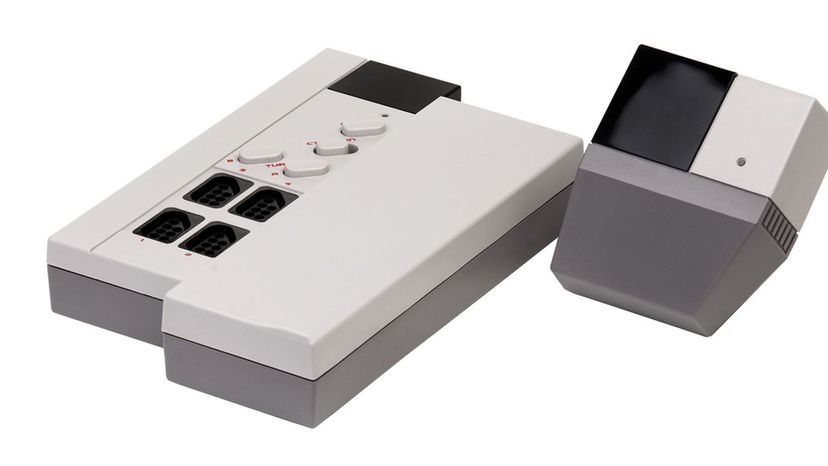
Released for Nintendo gaming systems, the Satellite was not a controller in the true sense of the word, but it did extend their range from 3 feet to 15 feet. The Satellite has buttons that can be used to select and start games.
Advertisement
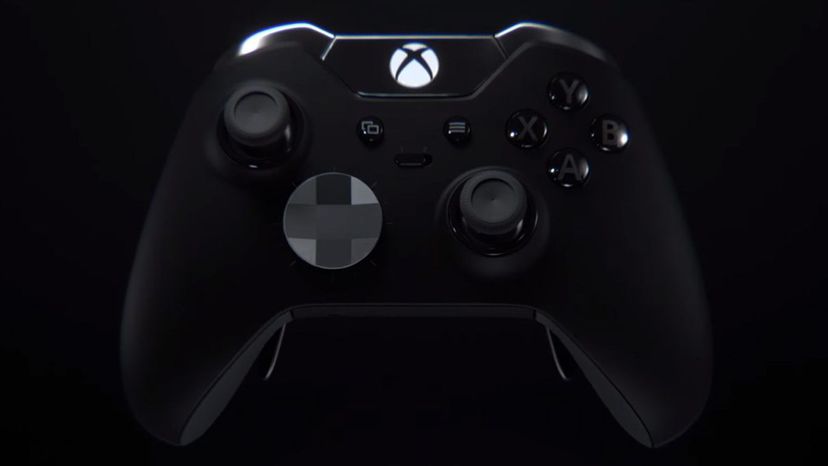
The crème-de-la-crème of Xbox One controllers, the Elite Wireless looks much the same as a regular controller but it certainly isn't. It can be adjusted to your hand size and has four extra paddles that can be attached underneath. It even has an app that allows further customization of just about anything.
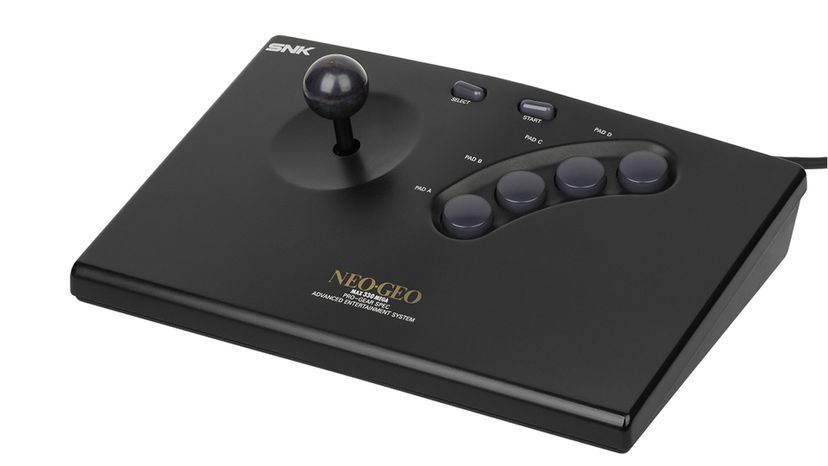
While Neo Geo were known to produce arcade cabinets, they expanded into the console market with the AES. This shipped with a massive controller that had the exact configuration as you would find in the arcade.
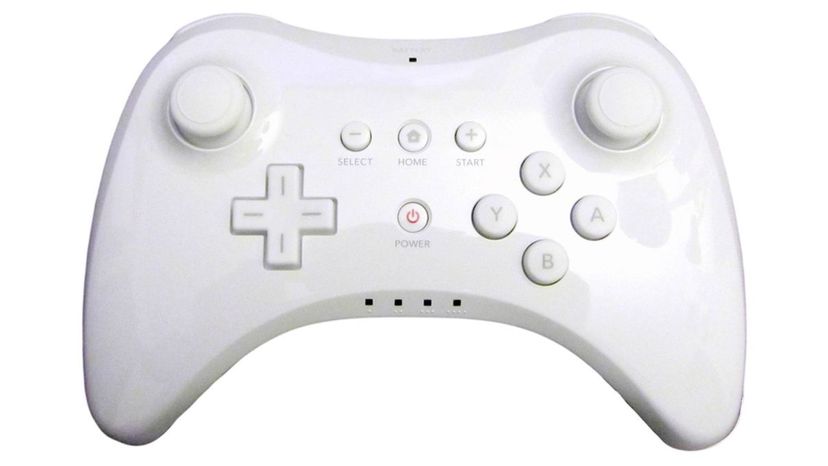
After the relative success of the Wii, Nintendo released their next console, something seen as more of a threat to Sony and Microsoft. Although the Wii U initially sold well, its was eventually discontinued. The controller that came with the console was unique in the fact that it included a touchscreen which could be used to play games if a TV wasn't around.
Advertisement
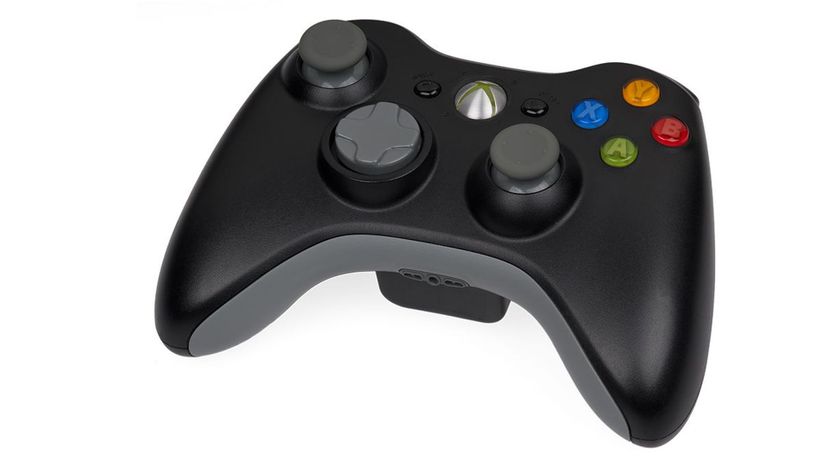
Released in 2005, the controller packaged with the Xbox 360 had much the same configuration as the original Xbox but was now wireless. Analog triggers operated by the player's index fingers as well as shoulder buttons were also added.
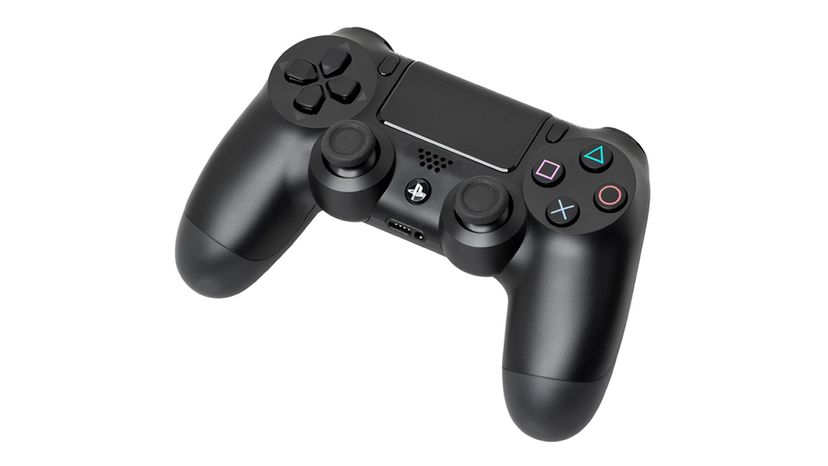
For the PlayStation 4, the Dualshock controller underwent a redesign. Although the controller featured the same layout as the previous versions, the shape changed slightly. It also received a touchpad as well as LED lights.
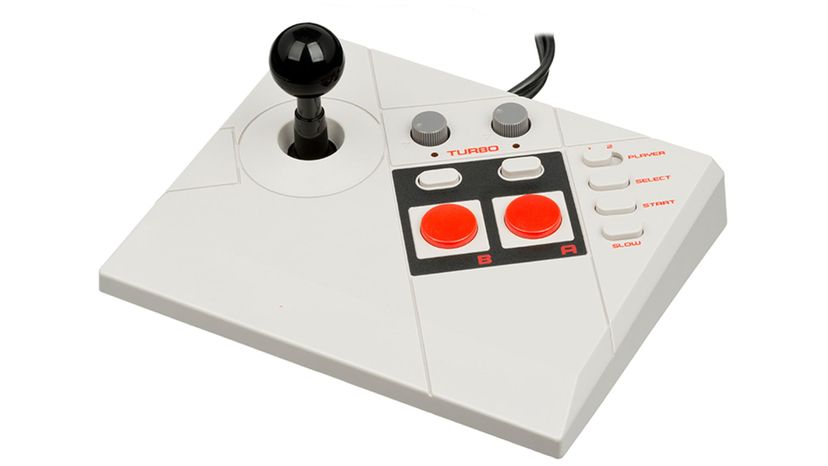
The NES Advantage was fairly large but included all the necessary buttons one would expect from a Nintendo controller. It also included a large, robust joystick. It worked with a range of Nintendo gaming systems.
Advertisement
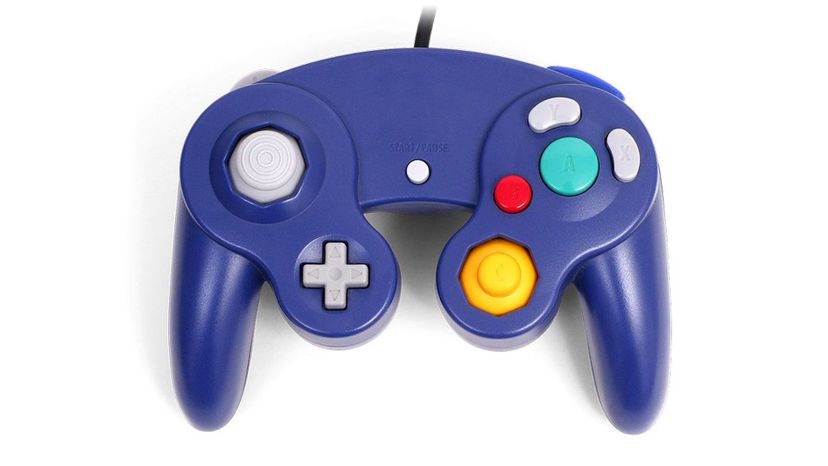
Much like the Gamecube itself, the controller for this much-loved console was a little different. Sure it had all the important bits, joysticks, buttons, D-Pad and triggers, it was just a peculiar design that certainly set it apart.
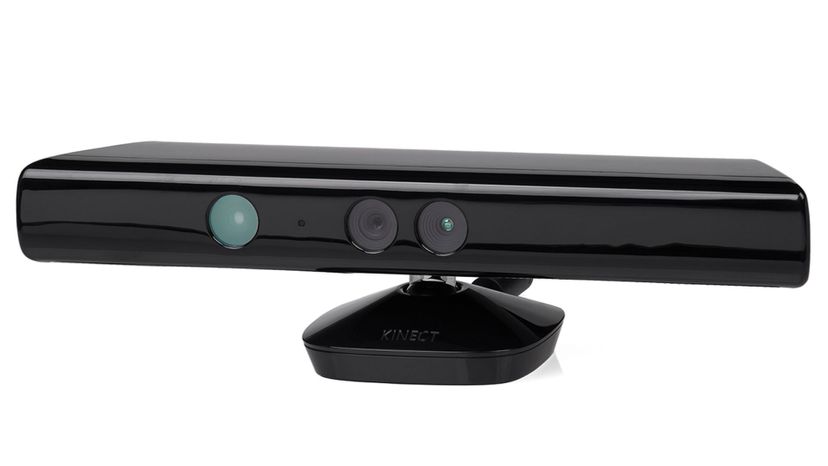
With the success of the Nintendo Wii, Microsoft took gesture-based gaming a step further with the Kinect. Here no controller was necessary with the Kinect picking up gestures mainly from a player's hand movements.
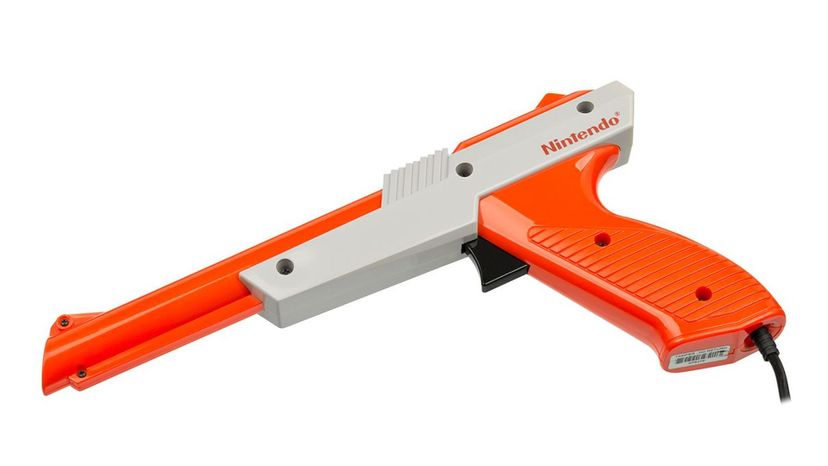
The NES Zapper worked with the Nintendo Entertainment System console but was sold as a separate accessory. It was used in games such as Duck Hunt.
Advertisement
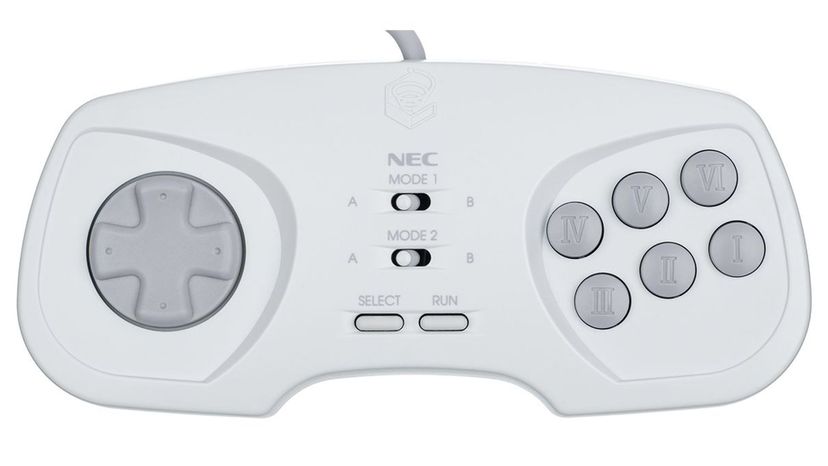
The controller for the NEC PC Engine was very similar to many other game systems of the 1980s. Rectangular in shape, it had a six button configuration and a cross-shaped joypad as well as ‘start' and ‘select' buttons.
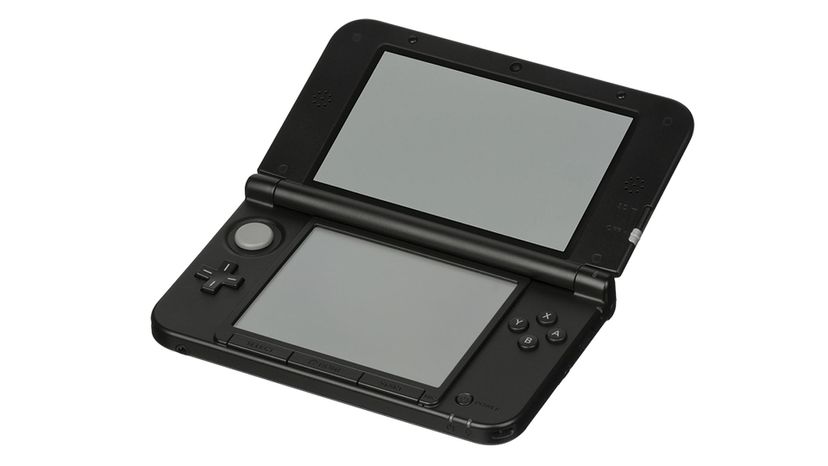
The Nintendo DS features two screens with the lower screen responding to touch, either from a stylus or a players fingers. The touchscreen would be interacted with in certain games and could be used to navigate as well, so it was in its own right, a controller.
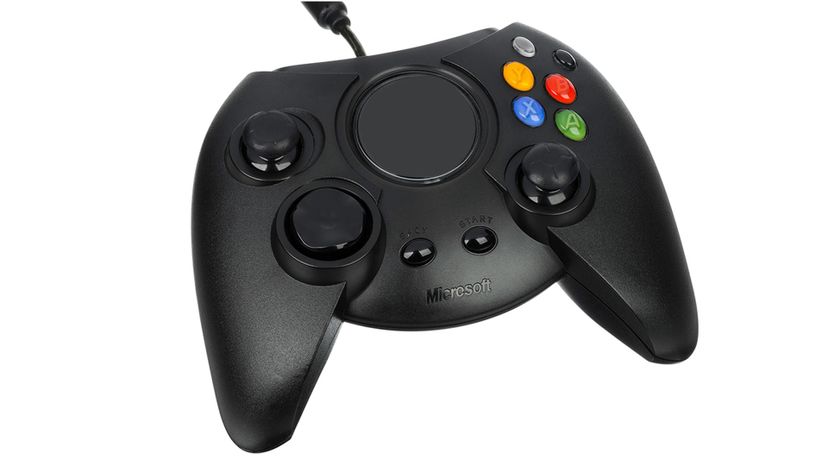
The original Xbox came with its own unique controller. It introduced the iconic X,Y,A,B button layout along with two joysticks and a D-Pad. An 8-meg memory card could also be plugged in. This controller was called 'Duke.'
Advertisement
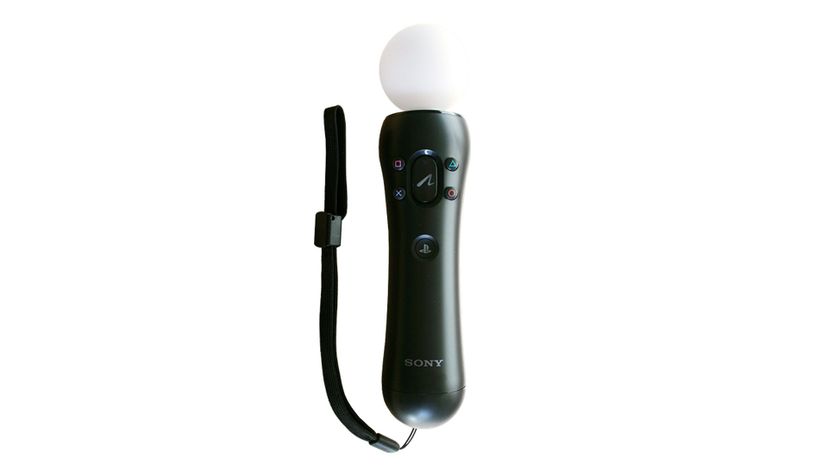
To compete with the Nintendo Wii and offer point and click gaming, PlayStation released the Move controller in 2010. It allowed the use of movements in games to complete actions, for instance hitting a ping-pong ball while using the controller as your bat. It worked in conjunction with the PlayStation Eye camera.
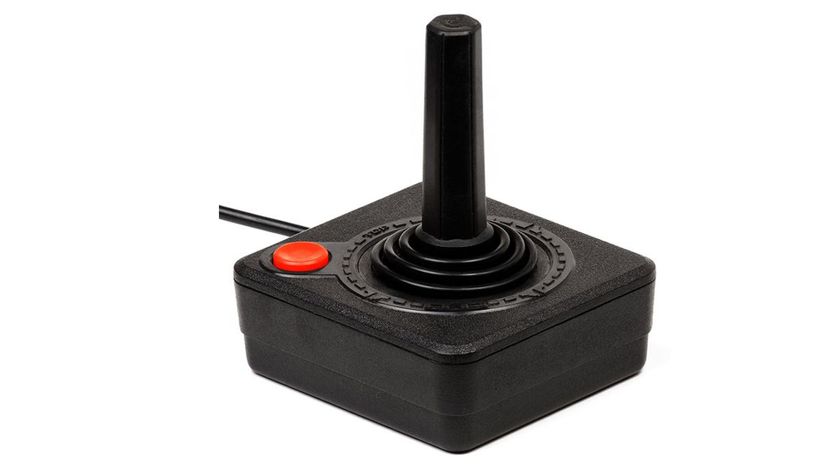
A simple joystick and button setup, this controller came with the Atari 2600 game system. This console was introduced in 1977 and over 30 million units were sold worldwide.
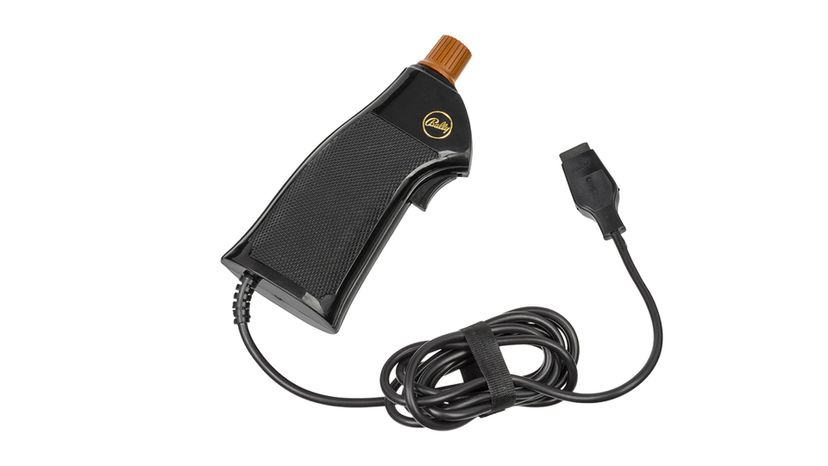
This pistol grip controller was part of the Bally Astrocade gaming system released in 1977. It featured a trigger switch as well as a small, 8 directional joystick, controlled by the thumb.
Advertisement
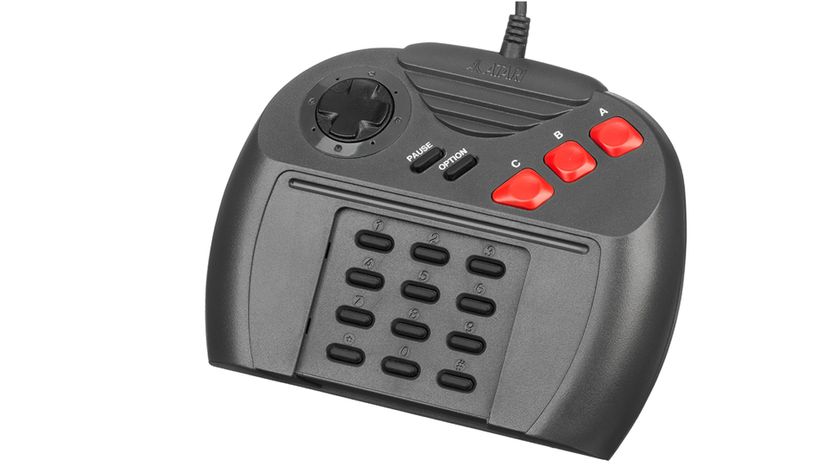
The controller that shipped with the Jaguar in the early ‘90s was very poorly received. Atari released a second controller for the system called the ProController. It featured six buttons and a directional pad. It was never shipped with the console and had to be bought separately.
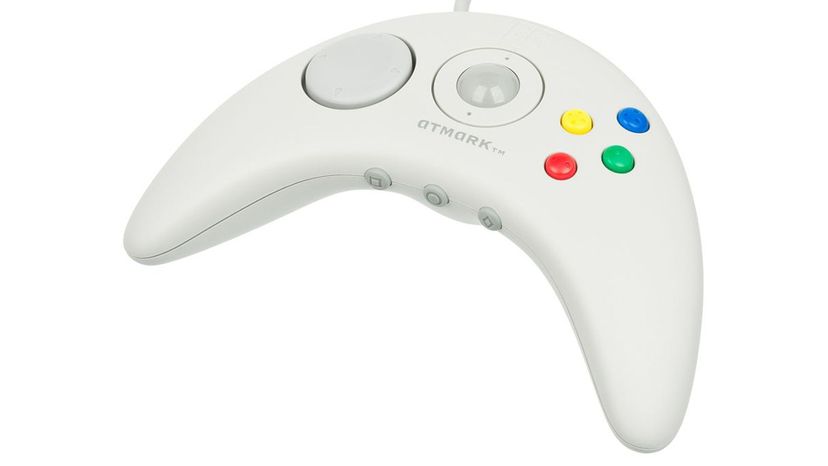
Released by Apple in 1996, the Pippin had a futuristically styled controller with a boomerang shape. It had a D-Pad, trackball and four main buttons and was called the Applejack. The console lasted a year before it was discontinued.
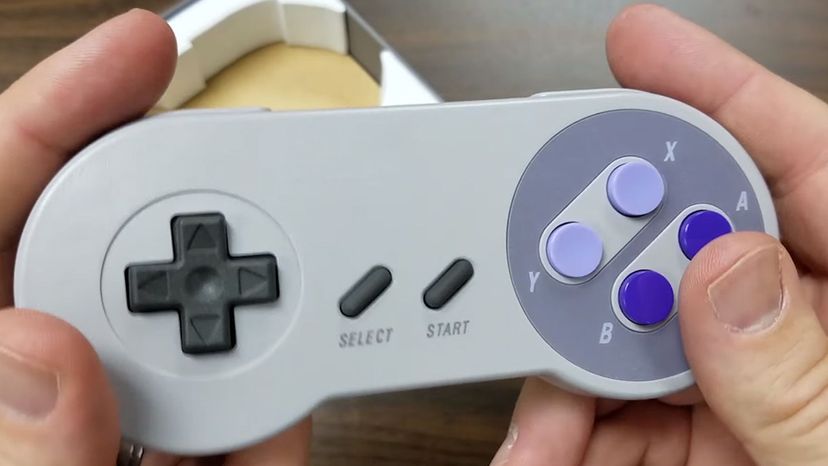
With the release of the SNES Classic, 8bitdo provides a controller just like the original, but now wireless.
Advertisement
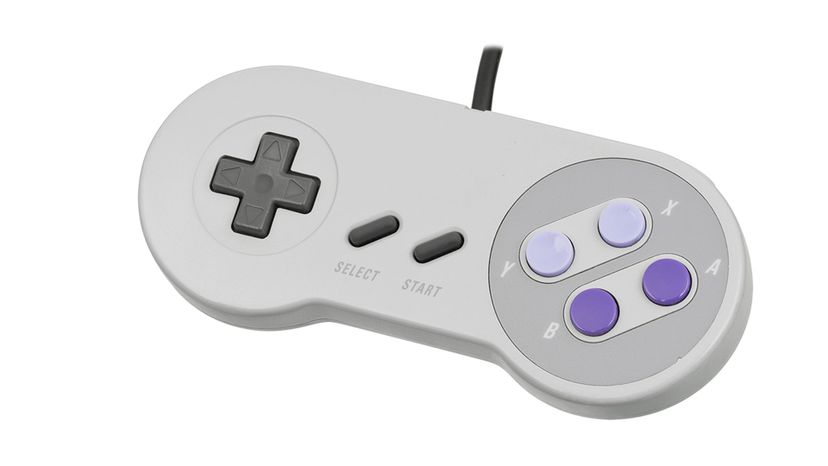
A popular gaming system in the early ‘90s, the Super NES controller followed the Nintendo standard of earlier controllers. It featured a cross-shaped joypad, a ‘start' and ‘select' button and four action buttons.
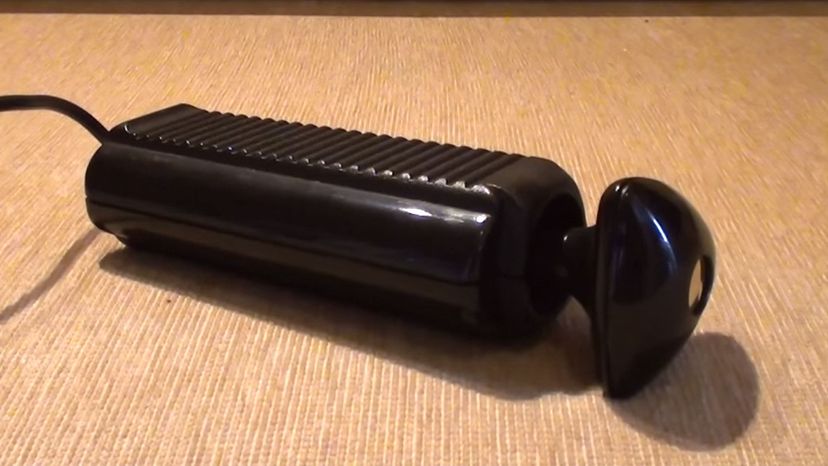
This controller featured as part of the Channel F console, released in 1977. The two controllers that came with the console were joysticks that were placed in the player's palm. There was no base. The top of the joystick featured a large button which operated as the directional control.
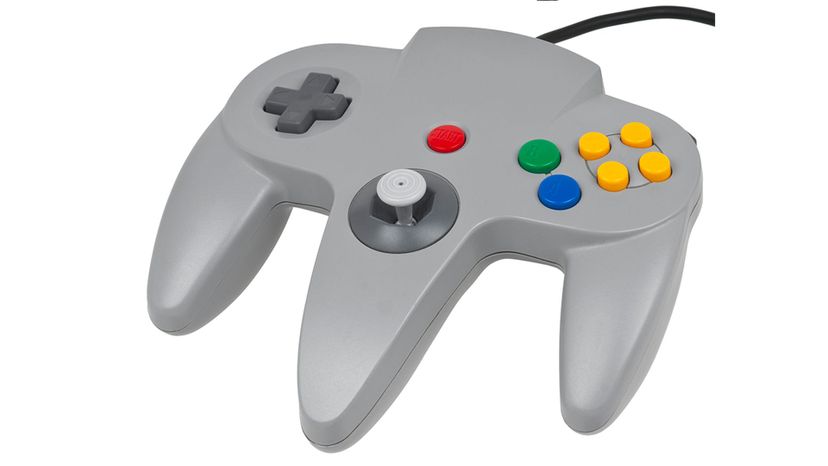
The fifth generation Nintendo console, released in 1996 saw a very different controller than what the company had packaged with earlier consoles. In fact, this controller became the forerunner to the modern controllers we see today. Its unique design and shape allowed it to be held in three distinct positions.
Advertisement
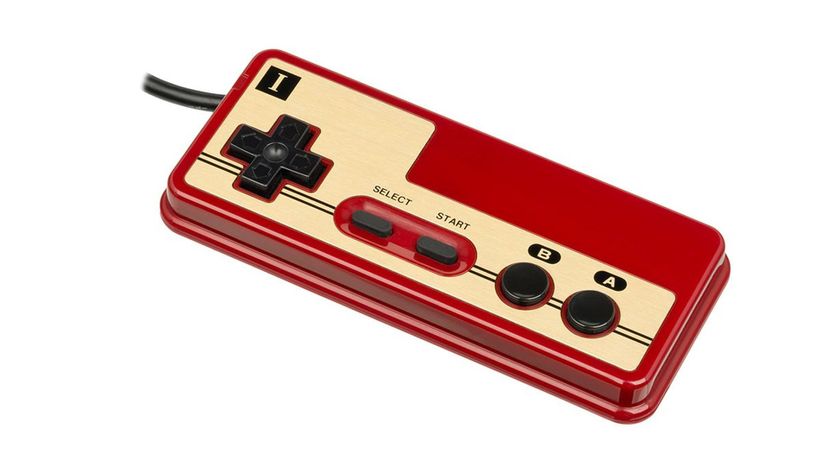
The Famicom hit the gaming market in 1983. It went on to sell around 61 million units worldwide. Controllers for the Famicom were fairly straightforward with a two-button, cross-shaped joypad configuration as well as ‘select' and ‘start' buttons.
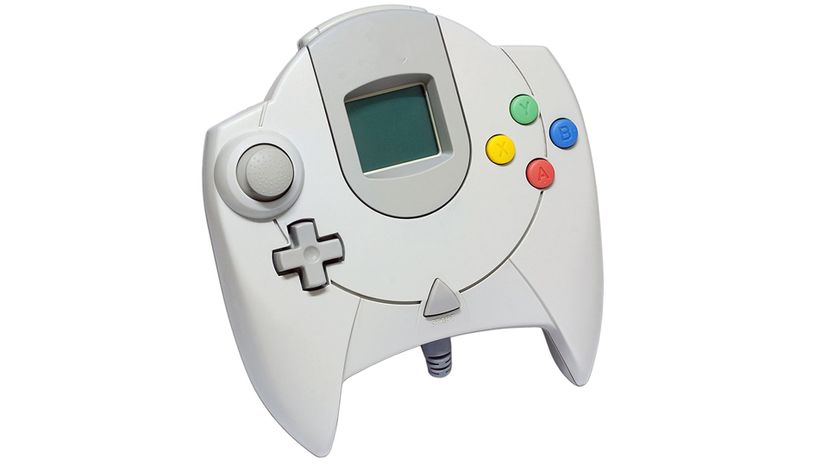
Released in 1998, the Dreamcast featured a futuristic looking controller with a small LCD screen. It had an analog stick, D-Pad, and four buttons. It also featured two docking stations where additional accessories like the Visual Memory Unit (VMU) could be slotted in.
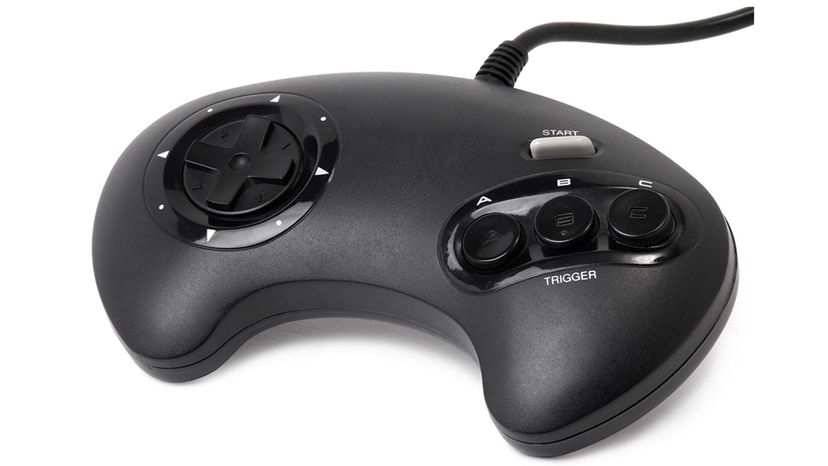
Released in 1988, the Sega Genesis or Mega Drive featured a controller more in line with how modern-day controllers look. The controller featured six buttons and a cross-shaped joypad, although the original only had three buttons.
Advertisement
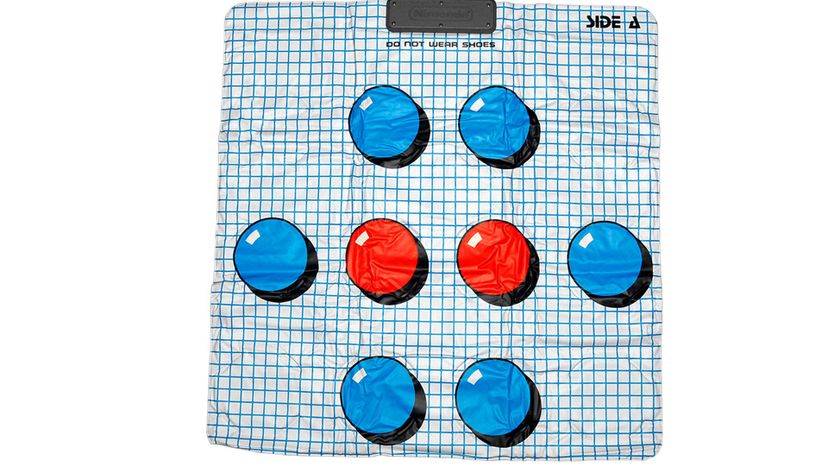
The Power Pad worked with a range of Nintendo Systems but was sold as a separate accessory. The pad itself connected to the console was then placed on the floor and operated with a player's feet. Only 11 games were compatible with the Power Pad.
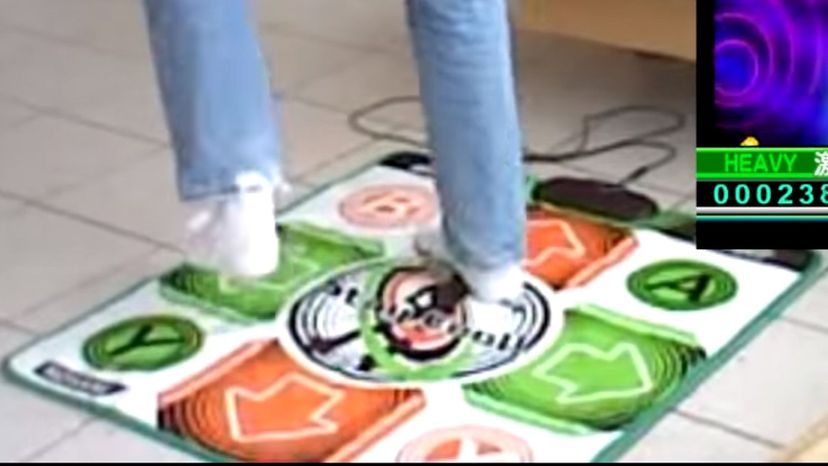
Dance Dance Revolution, an extremely popular arcade game, ported to a range of consoles, including the Xbox 360. This mat allowed players to perform the specific dance moves in the game by touching certain points with their feet in a particular order.
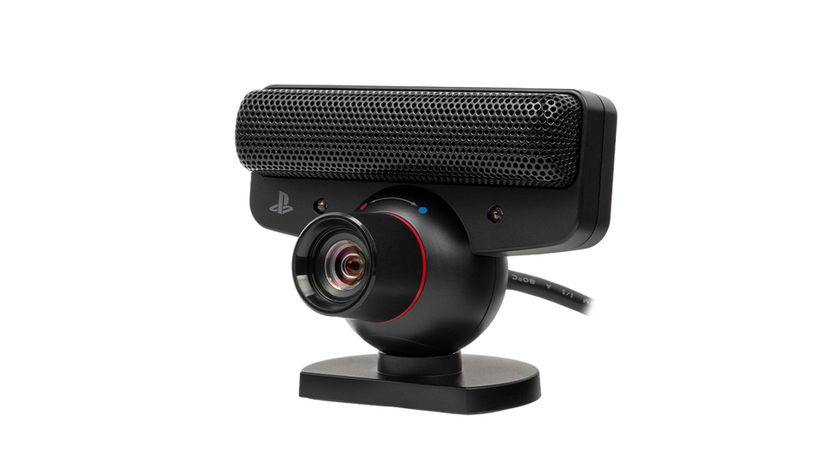
The PlayStation Move controller cannot work without the Eye camera picking up the various movements from the player. This camera is fairly small and plugs straight into the console.
Advertisement
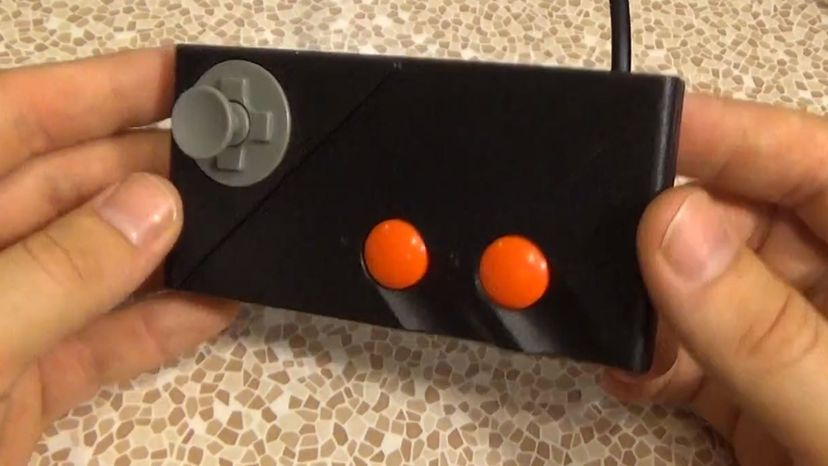
The Atari 7800 had a number of controllers, including a joypad, joystick and light gun. The joypads were sold in countries outside the United States. Their main feature was a removable joystick found on the D-Pad.
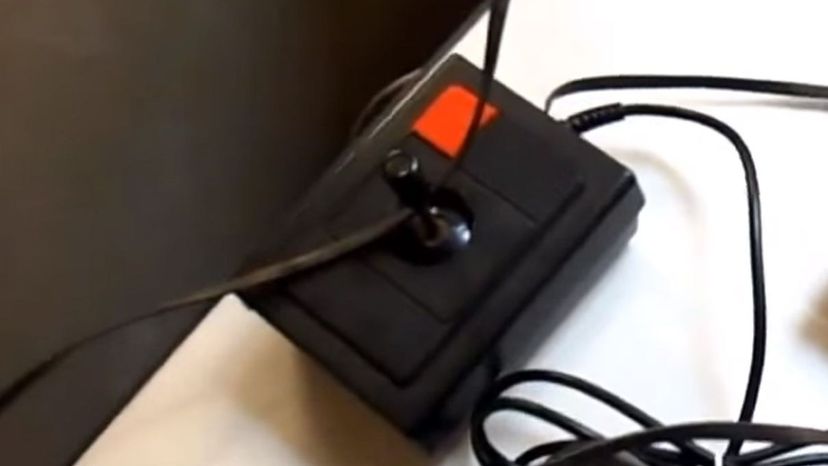
A standard button and joystick combination, this controller initially was attached permanently to the console. In later versions, the controllers could be removed. The Odyssey also featured a full QWERTY keyboard.
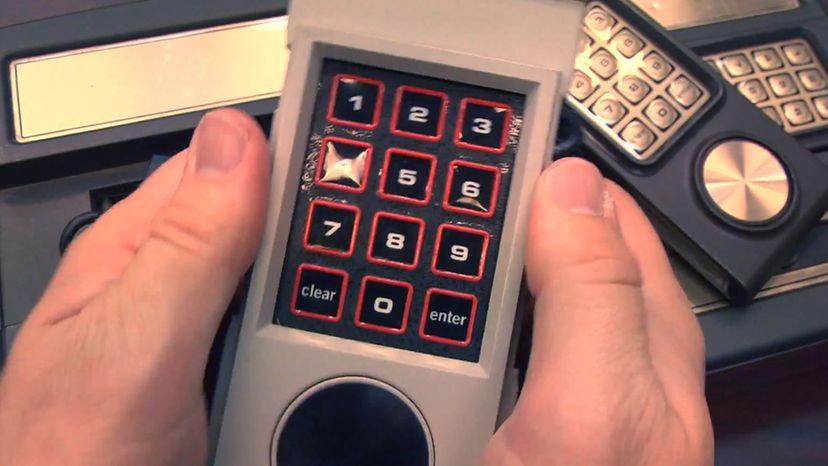
Mattel released the Intellivision in 1980 and sold over 3 million units until it was discontinued a decade later. The controller was fairly unique for the time and included a numeric keyboard, four buttons, and a 16-direction movement pad called the "directional disc."
Advertisement
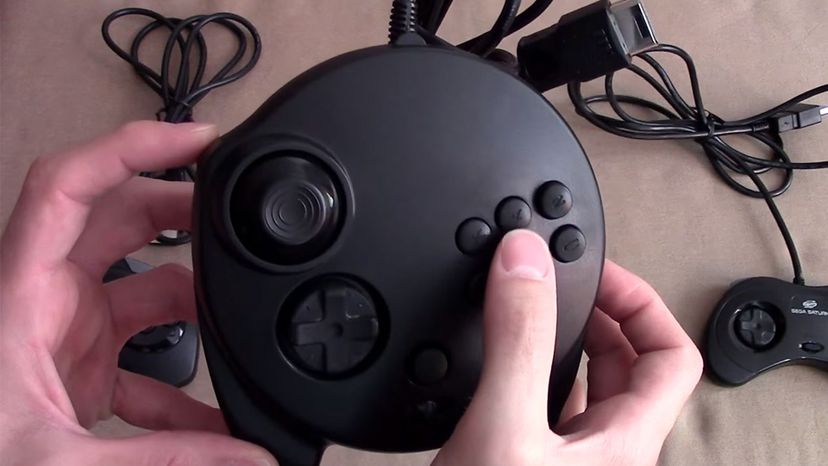
The first Sega home gaming system to feature the CD-ROM format, the Saturn was released in 1994, the same year as the Sony PlayStation. The controllers were ergonomically shaped with a directional pad and six buttons. Later versions included a wireless controller.
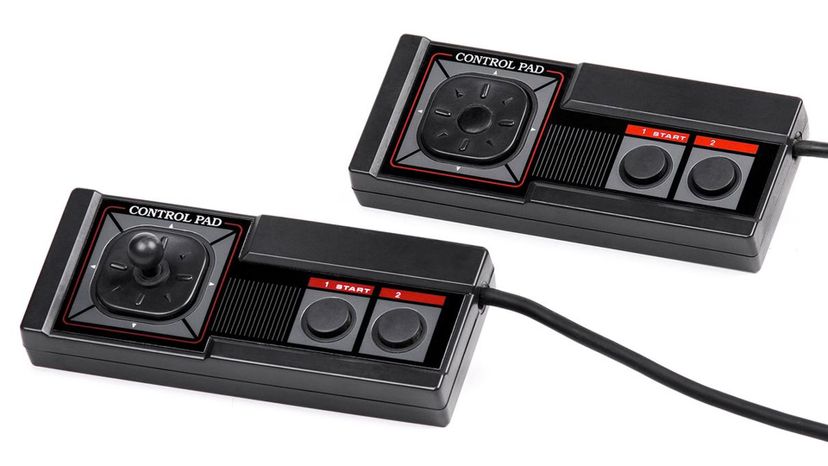
With worldwide sales of over 13 million units, the Sega Master System proved a very popular console in the mid-‘80s. It came with two controllers which were fairly basic, consisting of a directional pad as well as two buttons.
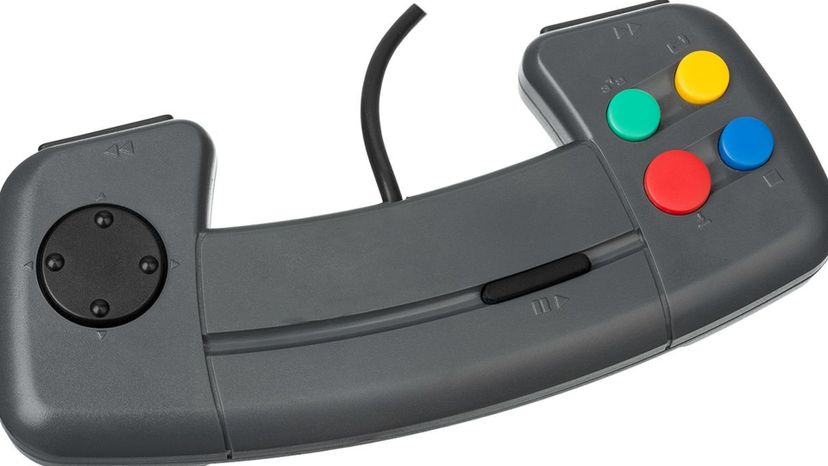
A uniquely shaped controller, those that shipped with the Amiga CD32 included a D-Pad and four main buttons. It came in a strange U shape.
Advertisement
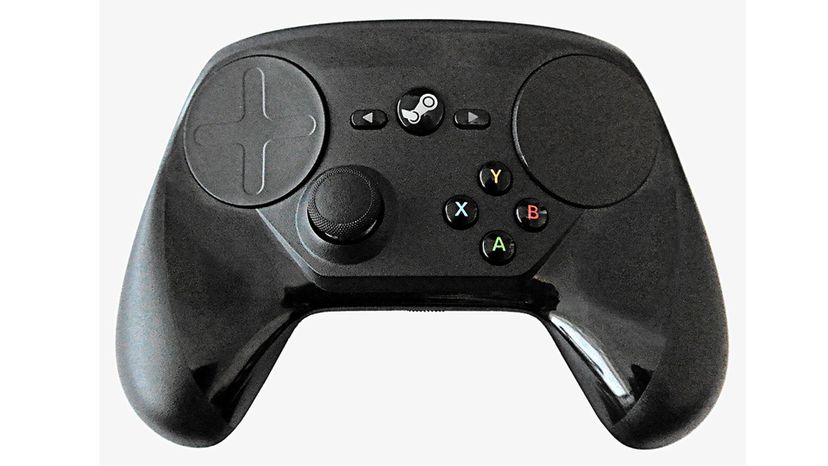
A controller that can be used with a range of personal computers, laptops as well as Valve's Steam Machine, this input device is extremely versatile. It also features duel trackpads.
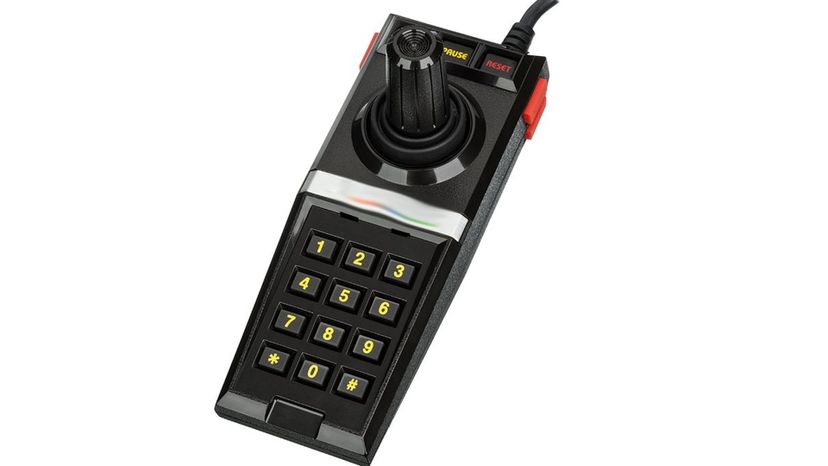
A fairly large controller, this featured a numeric keypad as well as a regular joystick. It could be held in a player's hand or placed on a flat surface.
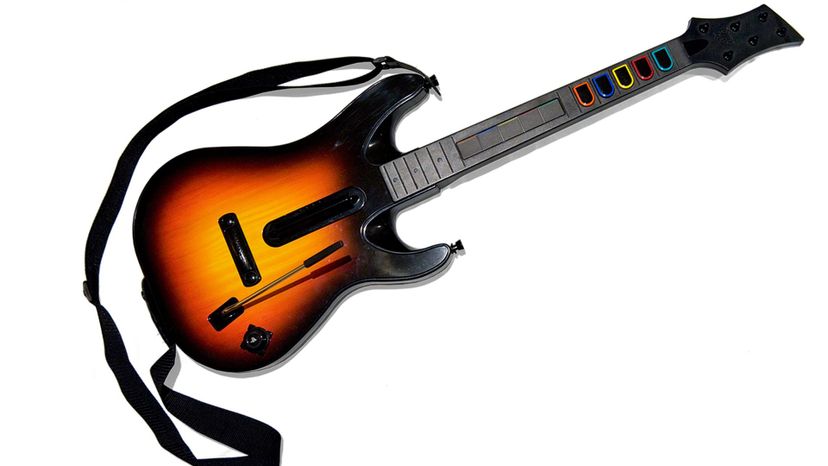
Bundled together with the mega-selling games in the Guitar Hero franchise, this controller, although to be used with the games, could also be used to navigate menus in the PlayStation dashboard. A number of different designs were produced, all featuring the same configuration of five buttons and a strumming bar.
Advertisement